Filter by
SubjectRequired
LanguageRequired
The language used throughout the course, in both instruction and assessments.
Learning ProductRequired
LevelRequired
DurationRequired
SkillsRequired
SubtitlesRequired
EducatorRequired
Explore the Microprocessor Course Catalog

Skills you'll gain: Microarchitecture, Computer Architecture, Hardware Architecture, Computer Hardware, Computer Systems, System Programming, Embedded Systems, Data Storage, Computer Programming, C (Programming Language)
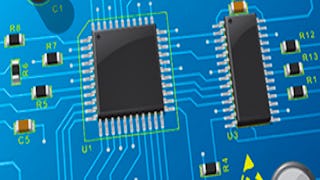 Status: Free
Status: FreePrinceton University
Skills you'll gain: Microarchitecture, Computer Architecture, Hardware Architecture, Computer Systems, Computer Engineering, Distributed Computing, Operating Systems, Performance Tuning, Scalability
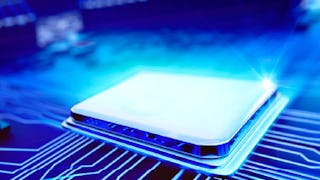 Status: Free Trial
Status: Free TrialSkills you'll gain: Embedded Software, Performance Tuning, System Programming, Software Development Tools, Embedded Systems, Microarchitecture, Software Development, Real-Time Operating Systems, Development Environment, Hardware Architecture, Debugging, Program Development, Application Security, Build Tools, Computer Architecture, C (Programming Language), System Configuration, Application Development, Security Engineering, C++ (Programming Language)
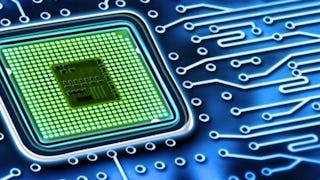 Status: Free Trial
Status: Free TrialSkills you'll gain: Field-Programmable Gate Array (FPGA), Electronics, Hardware Design, Application Specific Integrated Circuits, Electronics Engineering, Serial Peripheral Interface, Computational Logic, Electrical Engineering, Computer Architecture, Schematic Diagrams, Semiconductors, Electronic Hardware, Electronic Components, Internet Of Things, Programmable Logic Controllers, Low Voltage, Embedded Software, Electronic Systems, Network Protocols, Embedded Systems
 Status: Free Trial
Status: Free TrialArizona State University
Skills you'll gain: Statistical Process Controls, Process Control, Semiconductors, Quality Assurance, Verification And Validation, Manufacturing Operations, Manufacturing Processes, Manufacturing Standards, Electronics, Process Improvement, Process Analysis, Product Testing, Reliability, Electronic Components, Electronic Systems, Computer Hardware, Computer Architecture, Hardware Architecture, Thermal Management, Scalability
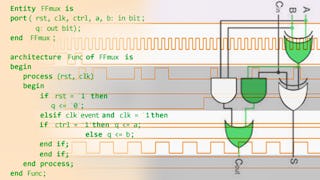
Universitat Autònoma de Barcelona
Skills you'll gain: Computer Architecture, Hardware Architecture, Technical Design, System Design and Implementation, Application Specific Integrated Circuits, Embedded Systems, Digital Design, Computer Hardware, Simulations
What brings you to Coursera today?
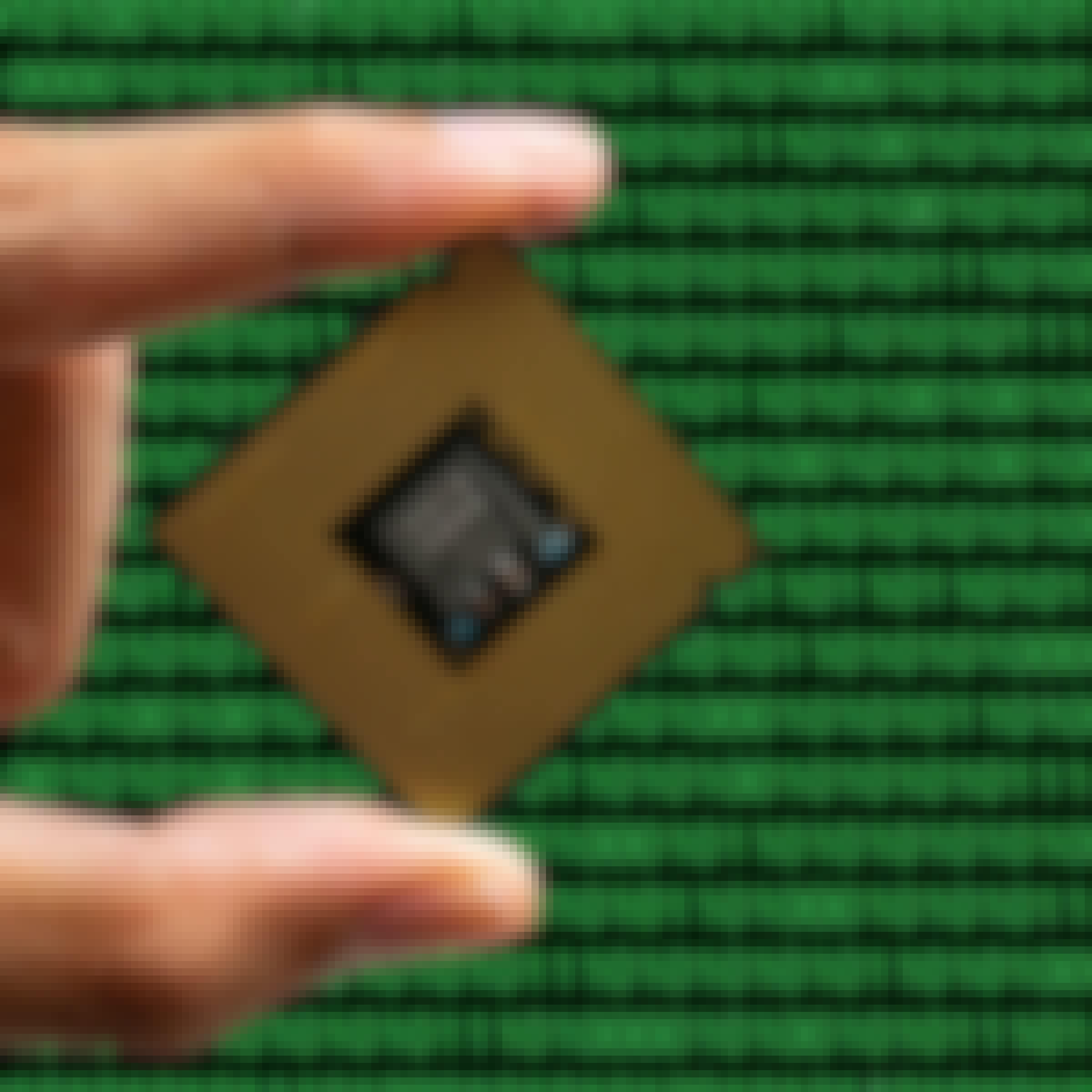 Status: Free Trial
Status: Free TrialEDUCBA
Skills you'll gain: C (Programming Language), Embedded Systems, Embedded Software, Debugging, System Programming, Microarchitecture, Computer Architecture, Data Structures, Computer Hardware, Peripheral Devices
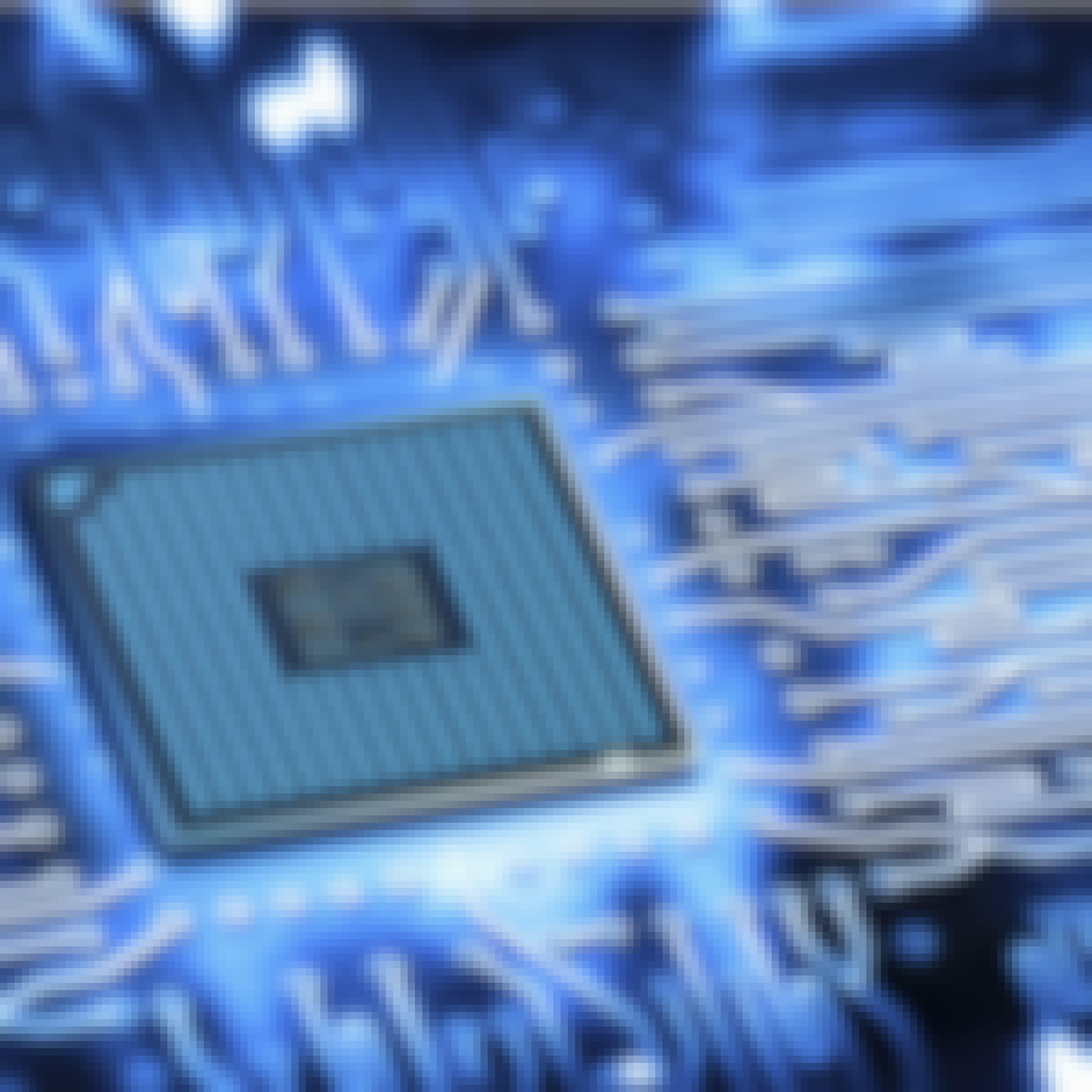 Status: Free Trial
Status: Free TrialL&T EduTech
Skills you'll gain: Embedded Software, Peripheral Devices, Integrated Development Environments, Embedded Systems, Computer Programming Tools, Development Environment, Internet Of Things, Microarchitecture, Automation, Real Time Data, Hardware Architecture, Computer Architecture, Prototyping

Hebrew University of Jerusalem
Skills you'll gain: Computer Architecture, Computer Hardware, Computational Logic, Computer Programming, System Design and Implementation, Technical Design, Software Design, Program Development, Debugging, Verification And Validation, Development Environment
 Status: Free Trial
Status: Free TrialSkills you'll gain: Peripheral Devices, Technical Support, Computer Hardware, Disaster Recovery, System Configuration, Hardware Troubleshooting, Microsoft Windows, Operating Systems, Linux, Networking Hardware, Computer Architecture, Mac OS, User Accounts
 Status: Free Trial
Status: Free TrialMicrosoft
Skills you'll gain: Business Software, Computer Hardware, Hardware Architecture, Generative AI, Operating Systems, Data Storage Technologies, Data Loss Prevention, Computer Systems, Enterprise Security, Information Technology, OS Process Management, Computer Architecture, System Configuration, Microsoft Windows, Technical Support, Servers, Cybersecurity
 Status: New
Status: NewCoursera Instructor Network
Skills you'll gain: Hardware Design, Electronics Engineering, Engineering Design Process, Electronic Hardware, Electronics, Design, Technical Design, Semiconductors, Computer-Aided Design, Electrical and Computer Engineering, Electronic Systems, Electronic Components, Verification And Validation, Simulation and Simulation Software, Open Source Technology, Schematic Diagrams
Microprocessor learners also search
In summary, here are 10 of our most popular microprocessor courses
- Introduction to Microprocessors: Arm
- Computer Architecture: Princeton University
- Arm Cortex-M Architecture and Software Development: Arm
- Chip based VLSI design for Industrial Applications: L&T EduTech
- Semiconductor Packaging: Arizona State University
- Digital Systems: From Logic Gates to Processors: Universitat Autònoma de Barcelona
- Embedded Systems using C: EDUCBA
- Microcontroller and Industrial Applications: L&T EduTech
- Build a Modern Computer from First Principles: From Nand to Tetris (Project-Centered Course): Hebrew University of Jerusalem
- Introduction to Hardware and Operating Systems: IBM










